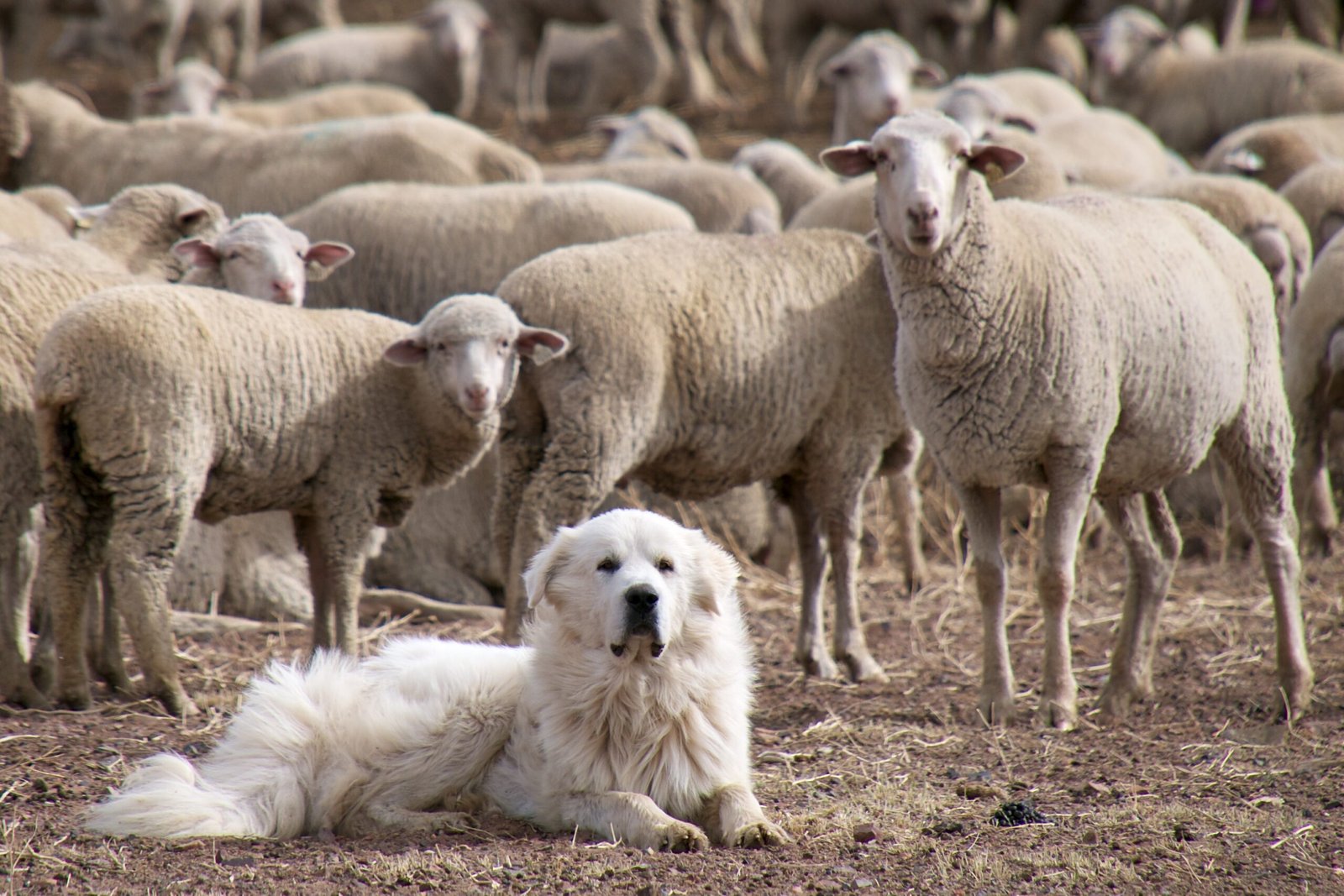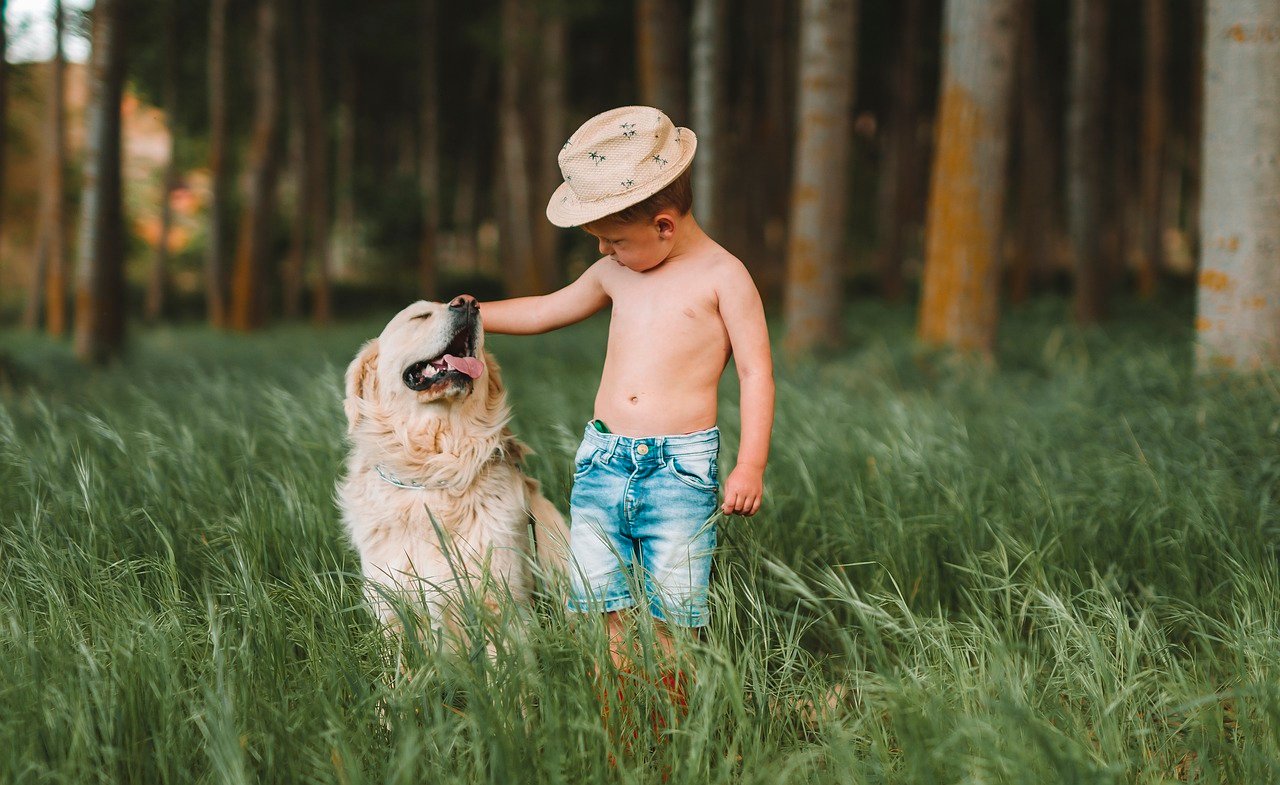What is it about dogs that makes them the poster child for loyalty and affection? Is it their wagging tails, their soulful eyes, or perhaps their unyielding devotion? For centuries, dogs have been celebrated as man’s best friend, a title that cats rarely compete for. While both animals have their unique charms, dogs often tip the scale when it comes to loyalty and emotional connection. Let’s dive into the reasons why dogs are often considered far more loyal and affectionate than their feline counterparts.
Dogs have a reputation for being the ultimate loyal companions—and it’s easy to see why. They’re pack animals by nature, which means bonding closely with their humans is part of their instinct. From greeting you at the door like you’ve been gone for years to offering comfort when you’re down, dogs wear their hearts on their sleeves (or paws!). They crave connection, thrive on affection, and often see their owners as the center of their world. While cats show love in their own unique way, dogs tend to go all-in when it comes to loyalty and emotional devotion.
Unwavering Devotion
Dogs have an innate ability to form deep bonds with their human companions. This devotion is often evident in their willingness to follow their owners around the house, eagerly awaiting their return when they leave. This behavior stems from their pack mentality, a trait inherited from their wolf ancestors. In contrast, cats are more solitary by nature. They might enjoy your company, but they often prefer to maintain a level of independence that dogs simply don’t. This pack mentality in dogs fosters a sense of loyalty that is hard to match.
Expressive Communication
Dogs are masters of non-verbal communication. From wagging tails to excited barks, they have a plethora of ways to express their feelings. This expressiveness allows them to communicate their affection and loyalty in a manner that is easily understood by humans. Cats, while they do purr and meow, often have subtler ways of showing affection, which can sometimes be misunderstood. The expressive nature of dogs makes them seem more emotionally available and connected to their human families.
Protective Instincts

One of the most endearing qualities of dogs is their instinct to protect their loved ones. Many dog owners have stories of their pets standing guard or alerting them to potential dangers. This protective nature is a testament to their loyalty and deep-seated desire to keep their family safe. Cats, on the other hand, are less likely to exhibit protective behavior. While they might be curious about new sounds or visitors, they don’t have the same instinctual drive to protect as dogs do.
Consistent Companionship
Dogs are known for their unwavering companionship. They thrive on human interaction and are often happiest when they are by their owner’s side. This consistent presence creates a bond that feels deeply personal and loyal. Cats, however, are more independent and can often be aloof, preferring to spend time alone or exploring their surroundings. This difference in companionship style makes dogs seem more loyal and affectionate, as they are always ready to offer their company.
Training and Obedience
The ability to train dogs plays a significant role in strengthening their bond with humans. Dogs are eager to please and respond well to training, which not only makes them more obedient but also enhances their loyalty. This training often involves positive reinforcement, which strengthens the emotional connection between dog and owner. Cats, while they can be trained to some extent, are often less motivated by human approval, making their loyalty seem less pronounced.
Emotional Support
Dogs are often used as therapy animals due to their ability to provide emotional support. Their empathetic nature allows them to sense when their owner is upset or stressed, and they often respond with comforting behaviors. This ability to offer emotional support is a testament to their loyalty and affection. Cats, while they can be comforting, often lack the same level of emotional intuition that dogs possess, making dogs more desirable for those seeking emotional companionship.
Sense of Belonging
Dogs have a strong desire to belong to a family or pack. This sense of belonging drives them to form deep attachments with their human families. They see their owners as part of their pack and will go to great lengths to maintain that bond. Cats, however, are more territorial and often view their human companions as part of their territory rather than a member of their family. This difference in perspective can make dogs seem more loyal and affectionate.
Playfulness and Engagement
Dogs are known for their playful nature and love of engaging with their owners. Whether it’s a game of fetch or a simple walk in the park, dogs thrive on interaction and play. This playful engagement fosters a strong bond and a sense of loyalty. Cats, while they do play, often have a more independent style of play that doesn’t always involve their human companions. This difference in play style can make dogs seem more affectionate and connected.
Adaptability to Human Life

Dogs have been bred for centuries to live alongside humans, which has made them highly adaptable to human life. They understand routines, social cues, and even human emotions, making them seem more in tune with their owners. This adaptability enhances their loyalty and affection, as they can seamlessly integrate into their human families. Cats, while they have also adapted to living with humans, often retain a level of independence that makes them seem less loyal.
Unconditional Love

Perhaps the most compelling reason why dogs are seen as more loyal and affectionate is their ability to offer unconditional love. Dogs don’t hold grudges, and their love doesn’t waver based on circumstances. They are always ready to forgive and forget, making their loyalty seem unwavering. Cats, while they can be affectionate, often have a more conditional approach to love, which can make their loyalty seem less steadfast.
In conclusion, while both dogs and cats bring joy and companionship into our lives, dogs often stand out for their loyalty and affection. Their unwavering devotion, expressive communication, and unconditional love make them cherished companions for many. What do you think? Are dogs truly more loyal and affectionate, or do cats have their own unique ways of showing love?





